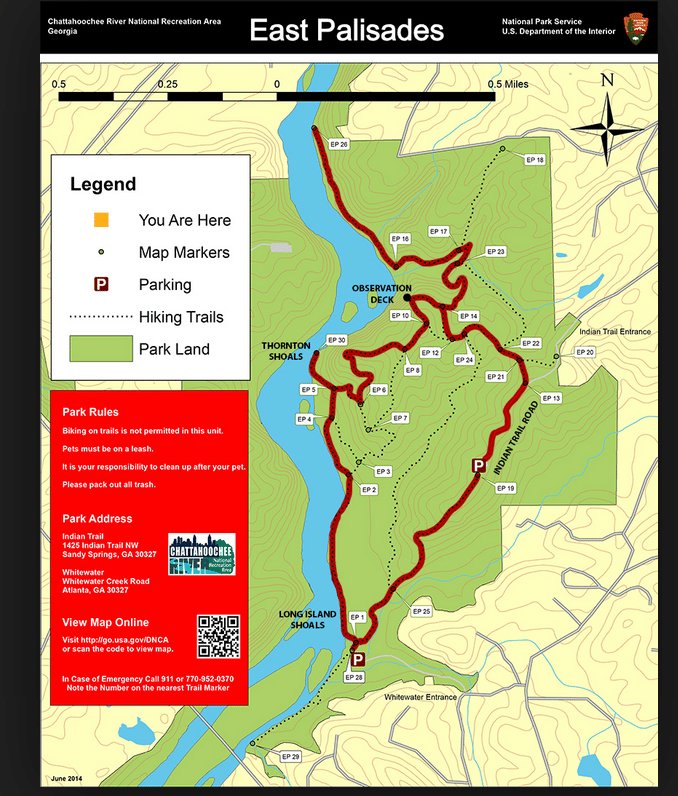
The bond referendum provided almost $1 million of additional revenues to build new library buildings in Powder Springs, Acworth, Kennesaw, Fair Oaks, Mableton, Oakdale and Marietta. As late as the 1950s, the county system consisted of little more than a couple of bookmobiles that traveled around to various sites. In addition, Acworth, Smyrna and Austell supported small city libraries. Marietta’s Clarke Library dated back to 1893. Libraries had also been a city rather than a county responsibility. Cobb’s assumption of this responsibility made it a leader in the state and nation. But the suburbanization of America had created a need for county recreational facilities. Public parks had historically existed in cities, not unincorporated rural areas.

On July 11, 1970, Shaw Park off Canton Highway became the first of the new recreation areas to open. After the referendum, the county began acquiring land and building parks. On the eve of the 1965 bond referendum, the Marietta Daily Journal described Cobb as the largest county in the state without a parks system. Following the successful bond referendum, Barrett began a 20-year effort to make improvements. At the time the county still had about 600 miles of dirt roads and at least three thoroughfares that even lacked bridges over creeks. The bulk of the money ($9.4 million) was for roads. The bonds provided funds for five badly needed projects: road and bridge improvements, public parks, a library system, an expanded courthouse complex and a new juvenile home. Upon taking office, Barrett persuaded the public to approve a $14.9 million bond referendum - a huge amount for the time. After opening Fair Oaks Cleaner and Laundry, he joined the Junior Chamber of Commerce, from which emerged the “Young Turks,” a group of rising community activists whose support was crucial to his 1964 election as chair. After serving in the army in World War II, Barrett used the G.I. At age 20, he married Jackie Knight of Marietta. A Cobb County native, Ernest Barrett was born April 29, 1922, on his grandfather’s farm on Chastain Road. Indeed, Cobb’s phenomenal growth in those years stemmed directly from Barrett’s ability to gain support for roads, parks, libraries, schools, water lines and sewers - essential ingredients in generating a high quality of life. His administration illustrates the positive impact a county government can have in facilitating social change. One of Cobb’s greatest political leaders, Ernest Barrett, was chair of the county commission for five consecutive terms from 1965 to 1984 and played a central role in making Cobb one of the nation’s most desirable places to live. Barrett was also a former trustee of Kennesaw State University.

Barrett (Ap– March 11, 1985) was the chairman of the county commission in Cobb County, Georgia from 1965 to 1984.


 0 kommentar(er)
0 kommentar(er)
